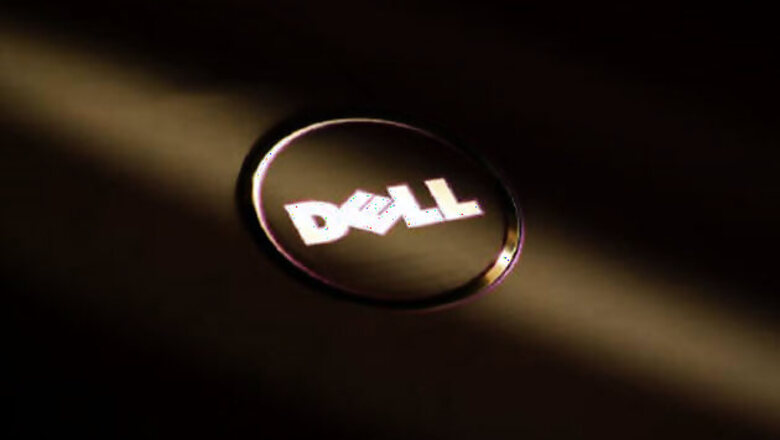
views
Texas: Dell's stock soared 13 per cent Monday on a report that the struggling personal computer maker is in talks to take the company private.
Citing unidentified people familiar with the situation, Bloomberg News said Dell has discussed a potential sale with at least two firms that specialise in buying companies whose stocks have fallen out of favour. The report didn't name the interested firms.
Dell Inc., based in Round Rock, Texas, declined to comment. Any effort to take the company private would probably require the backing of Dell CEO and founder Michael Dell. He is the company's largest shareholder with a 15.7 per cent stake.
A buyout also would be expensive, despite a 30 per cent drop in Dell's share price during the past year. Before buyout speculation drove up the stock price Monday afternoon, Dell's market value stood at about $19 billion.
Dell stock's surged $1.41, or 13 per cent, to close at $12.28. Earlier in the session, it touched its highest level since May, at $12.83. At one point, the stampede to snap up shares triggered a temporary halt in their trading on the Nasdaq market.
ISI Group analyst Brian Marshall believes Michael Dell and the rest of the company's board might be willing to sell at $15 or $16 per share, which would translate into an offer of $26 billion to $28 billion. In a research note Monday Stern Agee analyst Shaw Wu believes a buyout is unlikely because of the financing that would be required to pull it off.
The possibility of a buyout had already been floated by Marshall and other industry analysts who believe Dell might be better off trying to engineer a turnaround without having to deal with pressures from Wall Street to reverse a recent slide in revenue that has dragged down its stock.
Like most other PC makers, Dell has been hurt as more consumers embrace smartphones and tablet computers for Web surfing. The shift has curtailed demand for laptop and desktop computers, causing PC sales to fall last year for the first time since 2001.
Dell has been trying to adapt by reducing its dependence on PC's. The company has been expanding into business software and technology consulting services, two areas of technology that are more profitable than making PCs.
Hewlett-Packard Co., the only PC maker in the U.S. that's larger than Dell, is attempting a similar transformation.
Some analysts have argued that HP should be broken up so its PC and computer printer businesses operate separately.



















Comments
0 comment